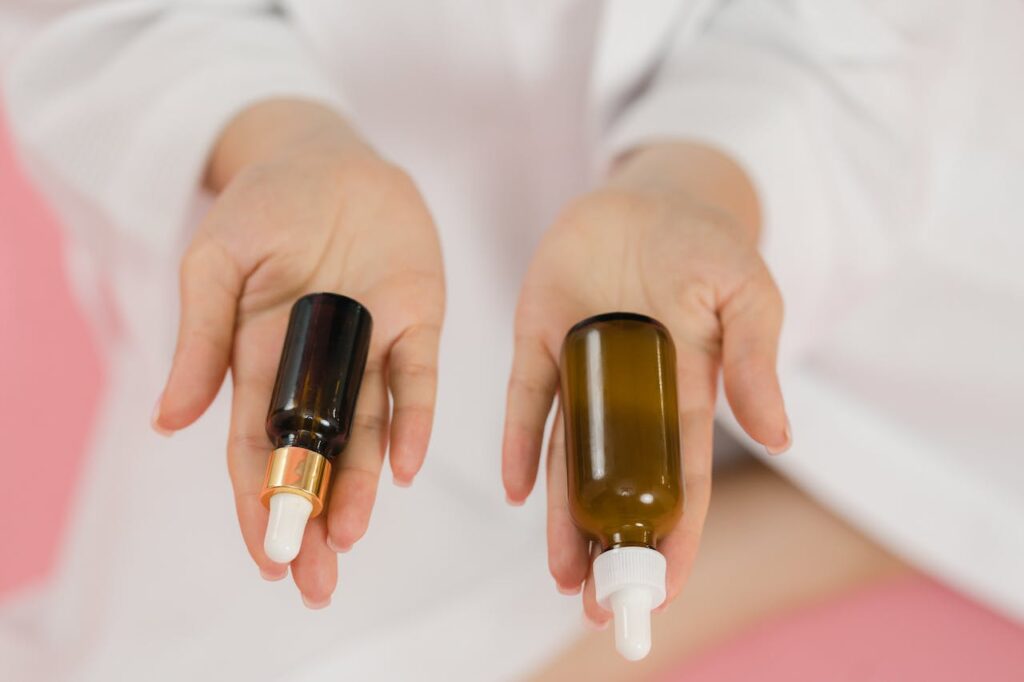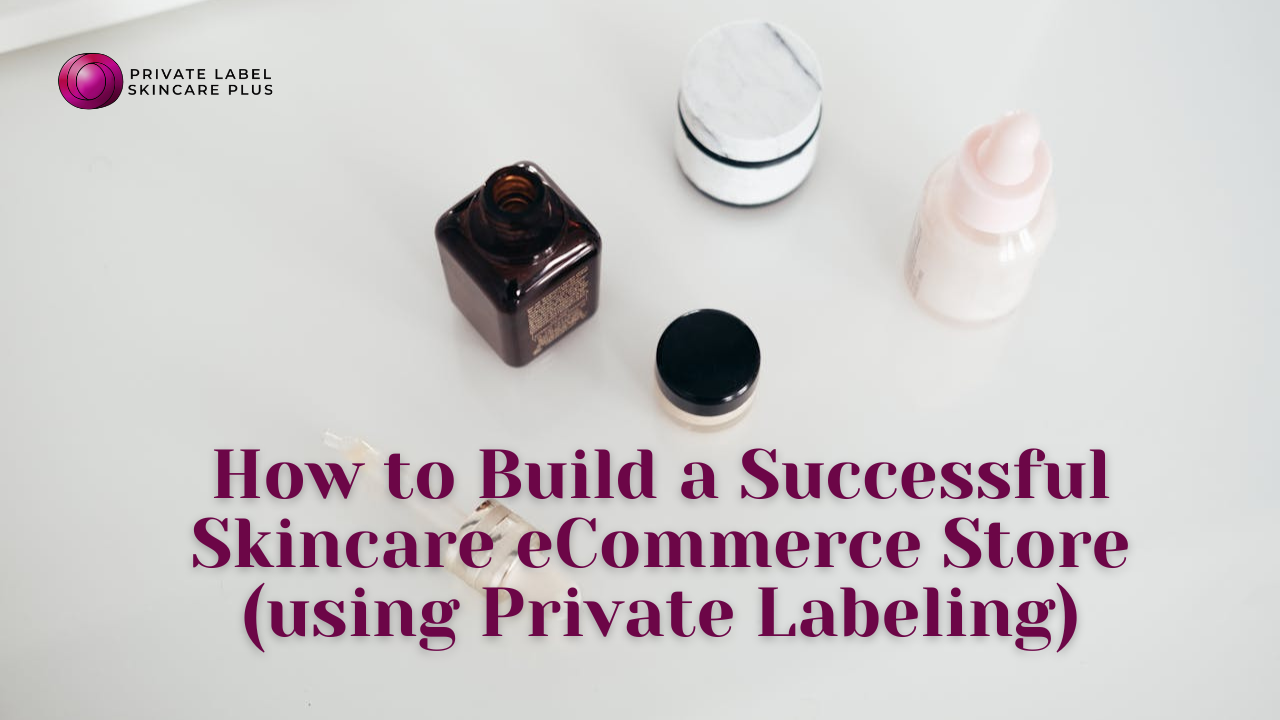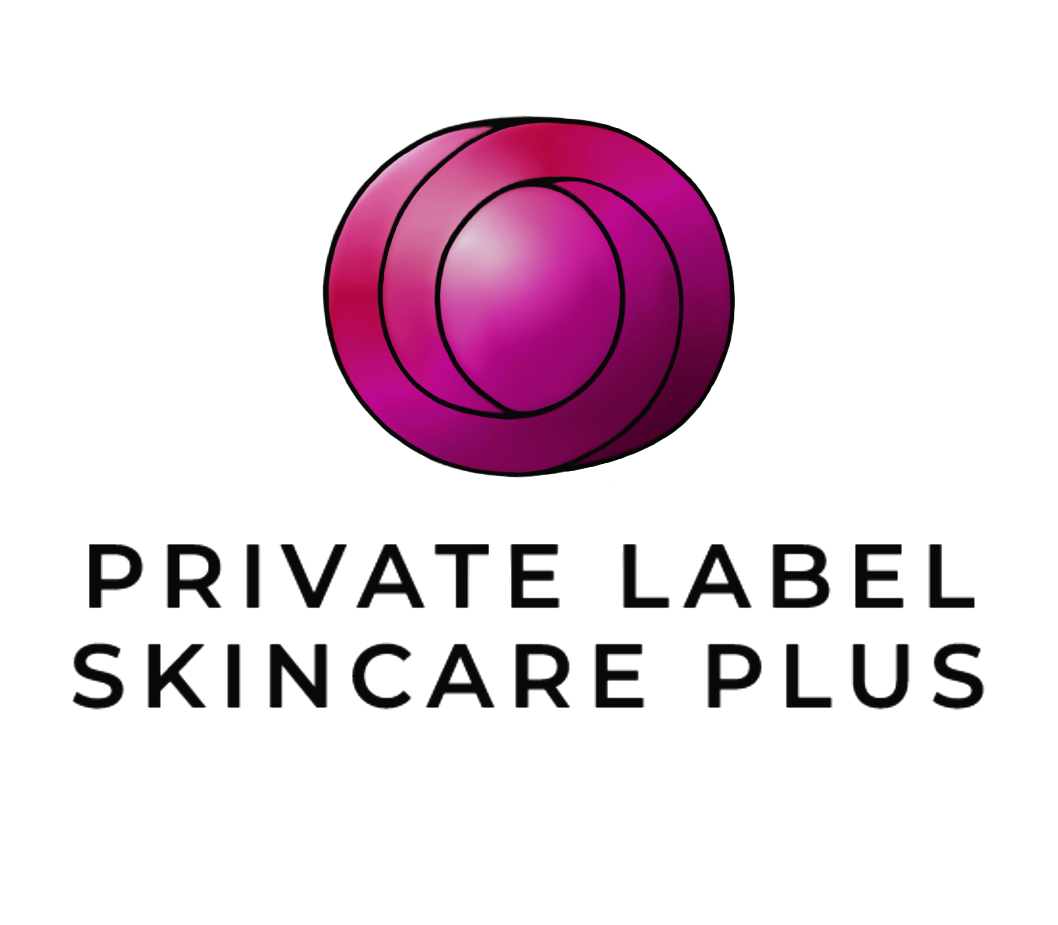The skincare eCommerce market is booming, driven by increasing consumer demand for high-quality, personalized products. For brands looking to enter this competitive space, private labeling offers a unique opportunity to create distinct product lines without the complexities of manufacturing. Here we’ll provide a step-by-step guide to building a successful skincare eCommerce store using private labeling, highlighting the benefits of partnering with a private-label skincare manufacturer.
What is Private Labeling?
Private labeling allows brands to outsource the production of their skincare products to specialized manufacturers who then brand these products under the company’s name. This approach enables brands to focus on what they do best—branding, marketing, and selling—without the need to invest in their own production facilities.
The benefits are substantial, from cost efficiency to faster time-to-market. Private labeling is distinct from white labeling, which offers less customization and is typically more generic. By contrast, private labeling allows for unique product formulations and branding, tailored precisely to a brand’s specifications and market needs.
Private Labeling vs. White Labeling
Private labeling involves working closely with a manufacturer to develop and produce products that are branded and sold under your own brand name. White labeling, on the other hand, involves purchasing pre-made products from a manufacturer that can be rebranded with your logo and packaging. But there’s more to it.
| Key Differences | Private Labeling | White Labeling |
| Customization | Allows for significant customization in terms of product formulation, packaging design, and branding. You can create a product that is tailored specifically to your brand’s vision and your customers’ needs. | Limited customization options, mainly involving branding and packaging. The core product remains the same as those offered to other brands. |
| Control Over Product Quality | You have more control over the quality of the ingredients and the manufacturing process. This allows you to ensure that the product meets your specific standards and regulatory requirements. | Quality is determined by the manufacturer, and while you can select reputable suppliers, your ability to influence the product’s formulation and quality is limited. |
| Time to Market | Typically requires a longer lead time due to the development of custom formulations and packaging. However, this time investment can result in a more unique and differentiated product. | Faster time to market since products are already formulated and manufactured. You only need to focus on branding and packaging. |
| Cost | Generally involves higher upfront costs due to the development of custom formulations and packaging. However, it can lead to higher margins if the product is well-received. | Lower initial costs, making it an attractive option for brands with limited budgets. However, it may result in lower profit margins due to less differentiation. |
| Brand Loyalty and Market Positioning | Enables the creation of a distinct brand identity, fostering stronger brand loyalty and allowing for premium market positioning. | Often leads to competition primarily on price and marketing efforts, which can be challenging in a crowded market. |
Private labeling is ideal for brands that want to create unique, high-quality products with a strong brand identity, while white labeling is suitable for those looking to enter the market quickly and cost-effectively. Understanding the differences between these two approaches is crucial for making informed decisions that align with your business goals and market strategy.
Research and Market Analysis
A thorough understanding of the market is crucial for any successful Skincare eCommerce venture. Start by identifying your target audience. Consider their demographics, skin types, and specific needs such as anti-aging, acne treatment, or hydration.
Analyzing your competitors is equally important; study their product offerings, pricing strategies, and marketing tactics to identify market gaps that your brand can fill.
Defining your Unique Selling Proposition (USP) is essential to set your brand apart. Whether it’s the use of natural ingredients, a commitment to sustainability, or offering medical grade private label skin care, clearly articulate what makes your brand unique.

Choose the Right Private Label Manufacturer
Key Factors to Consider
- Quality: Ensure the manufacturer uses high-quality ingredients and adheres to industry standards.
- Reliability: Check for consistent delivery timelines and robust supply chains.
- Scalability: The ability to scale production as your business grows.
Questions to Ask Potential Manufacturers
- What is your minimum order quantity?
- Can you provide custom skin care formulations?
- What certifications do you hold (e.g., GMP, ISO)?
Evaluating Samples
Always request samples to test the quality and effectiveness of the formulations. This is a critical step in ensuring your products meet your brand’s standards.
Product Development and Branding
Selecting Products: Choose products that align with your brand’s vision and meet market demand. Popular categories include cleansers, moisturizers, serums, and sunscreens.
Importance of Formulation: Work with your manufacturer to develop the best custom skin care formulations. Consider factors like ingredient efficacy, skin compatibility, and regulatory compliance.
Packaging and Labeling: Design packaging that reflects your brand identity. Ensure labeling is clear, informative, and compliant with regulations.
Creating a Brand Identity: Develop a cohesive brand identity, including a logo, color scheme, and brand voice that resonates with your target audience.

Building Your Skincare eCommerce Store Platform
Choosing the right eCommerce platform is vital for your online store’s success. Platforms like Shopify and WooCommerce are popular for their ease of use and scalability. Focus on creating a user-friendly interface with intuitive navigation and mobile responsiveness.
Integrating secure payment gateways is crucial to ensure smooth transactions and build customer trust. Your online store should provide a seamless shopping experience, from browsing to checkout.
Creating a Marketing Strategy
A comprehensive digital marketing strategy is key to driving traffic and building brand awareness. Social media marketing is a powerful tool for showcasing your products, engaging with customers, and building a community around your brand.
Platforms like Instagram and Facebook offer excellent opportunities for visual storytelling and customer interaction. Content marketing and SEO are also critical components of your strategy.
Create valuable content that educates your audience about skincare and use keywords like “private label skincare” and “best skin care formulations” to improve your search engine ranking. Implementing email marketing campaigns can help nurture leads, offer promotions, and retain customers through personalized communication.
Launching Your Skincare eCommerce Line
Preparing for a successful product launch involves several pre-launch activities. Build anticipation with teaser campaigns, social media posts, and email newsletters. Offering pre-orders or exclusive discounts to early subscribers can generate excitement and early sales.
On launch day, use a combination of strategies such as hosting a launch event, collaborating with influencers, and utilizing paid ads to maximize reach. Post-launch, engage with your customers to gather feedback, respond to reviews, and maintain momentum.
Managing Logistics and Supply Chain
Efficient logistics and supply chain management are crucial for the smooth operation of your eCommerce store. Implement robust inventory management systems to avoid stockouts and overstock situations. Use analytics to predict demand and manage stock levels efficiently. Partner with reliable logistics providers to ensure timely delivery and offer multiple shipping options to cater to different customer needs. Developing a clear returns policy and providing excellent customer service are essential for handling queries and complaints efficiently, ensuring customer satisfaction and loyalty.

Legal and Regulatory Considerations
Industry Regulations and Compliance
Familiarize yourself with skincare industry regulations, including ingredient restrictions and labeling requirements. Ensure your products comply with all relevant laws.
Trademark and Intellectual Property
Register your brand name and logo to protect your intellectual property. Work with a legal expert to navigate the trademark registration process.
Product Safety and Labeling Laws
Ensure your products are safe for use and correctly labeled with ingredient lists, usage instructions, and warnings as required by law.
Monitoring and Scaling Your Business
Continuously monitor key performance indicators (KPIs) such as sales, website traffic, and customer acquisition costs to make data-driven decisions. Regularly gather customer feedback to identify areas for improvement and innovate based on market trends and customer needs.
Developing strategies to scale your operations, such as expanding into new markets, increasing production capacity, and exploring new sales channels, will help your business grow and succeed in the competitive skincare market.
Conclusion
Building a successful skincare eCommerce store using private labeling is a multifaceted process that requires careful planning and execution. By partnering with a reputable private label skincare manufacturer and following the steps outlined in this guide, you can create a unique and thriving skincare brand. Embrace the potential of custom skin care formulations and leverage the benefits of medical grade private label skin care to stand out in the competitive market.
FAQs About Skincare eCommerce
Q: What is a private label skincare manufacturer?
A: A private label skincare manufacturer produces skincare products that can be branded and sold under your own brand name. They handle the formulation, production, and often packaging, allowing you to focus on marketing and sales.
Q: Why should I choose custom skin care formulations?
A: Custom skin care formulations allow you to create unique products tailored to your brand’s vision and your customers’ needs. This helps differentiate your products in a competitive market.
Q: What are the benefits of medical grade private label skin care?
A: Medical grade private label skin care products typically contain higher concentrations of active ingredients and are formulated to meet stricter standards. This can enhance product efficacy and appeal to consumers seeking high-quality, results-driven skincare.
Q: How do I ensure my skincare products comply with regulations?
A: Work closely with your private label manufacturer to ensure all products meet industry regulations. Stay informed about labeling laws, ingredient restrictions, and safety standards in your target market.
Q: How can I effectively market my skincare brand?
A: Develop a comprehensive marketing strategy that includes social media marketing, content marketing, SEO, and email campaigns. Engage with your audience through valuable content and personalized communication to build brand loyalty.
By following this guide and leveraging the expertise of a trusted private label skincare manufacturer, you can successfully launch and grow your skincare eCommerce store.


